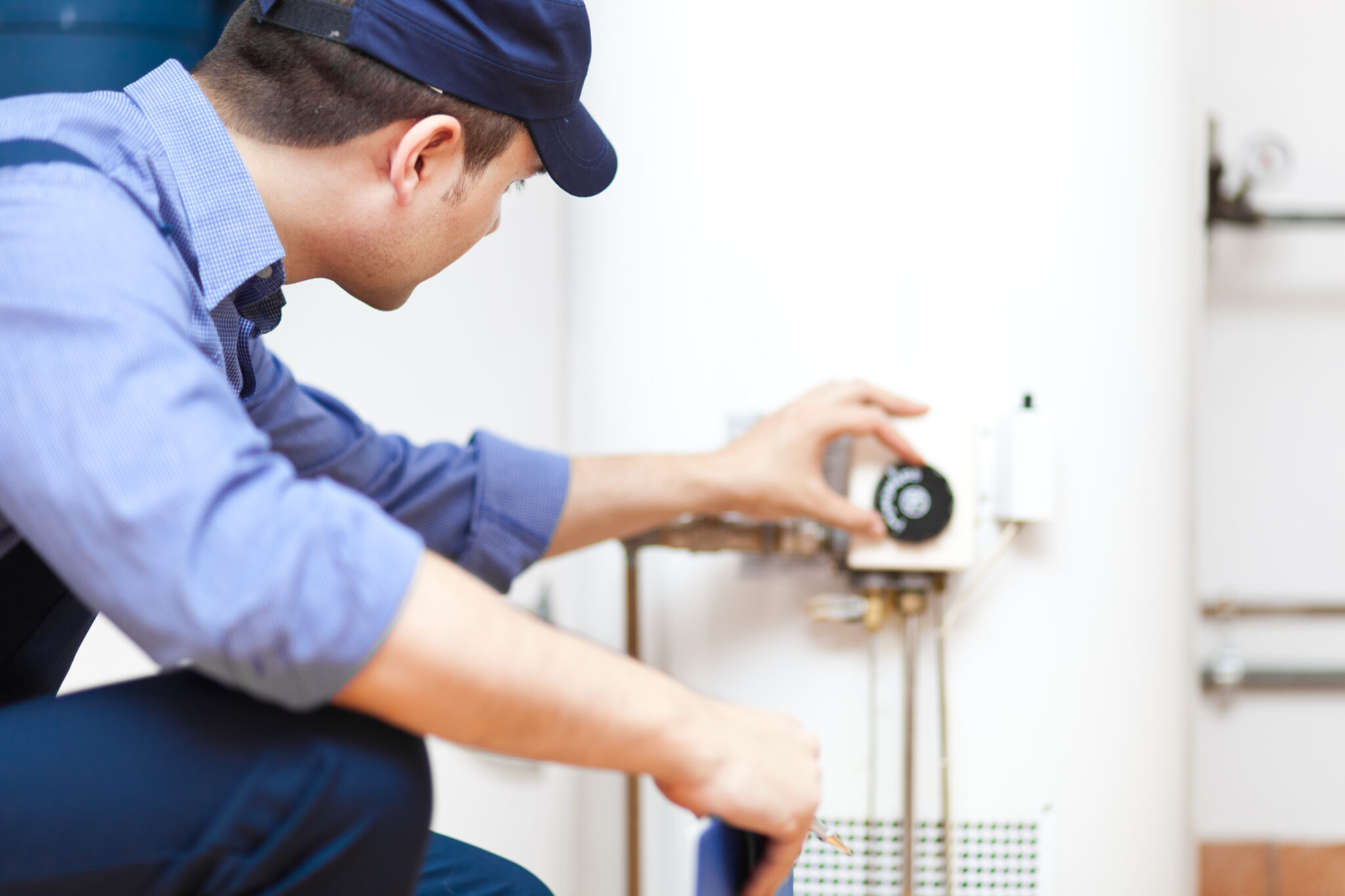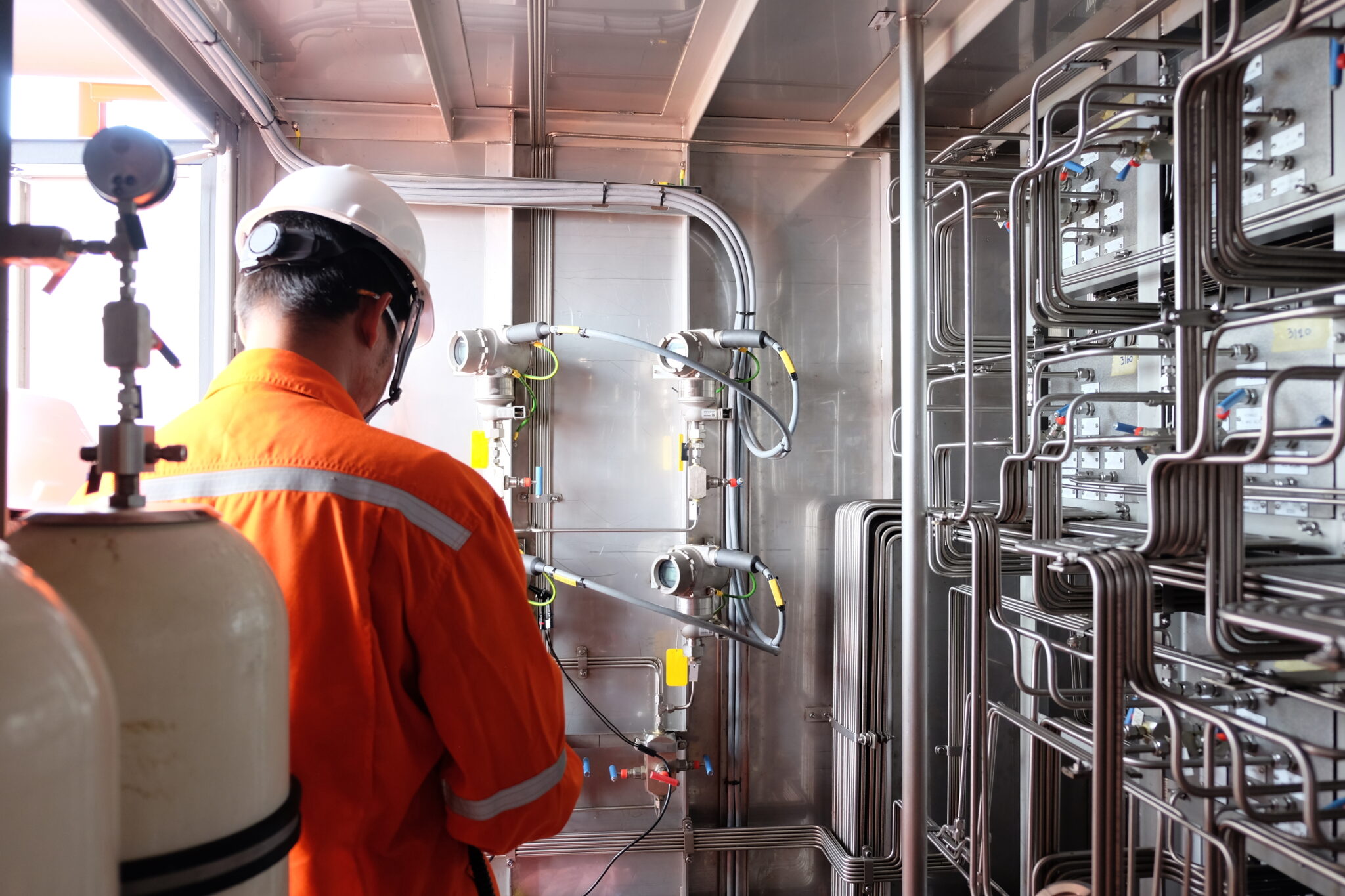Système CVC
Optimisez votre confort et vos performances énergétiques.
Comprendre lES SYSTÈMES CVC
Les systèmes de Chauffage, Ventilation et Climatisation (CVC) jouent un rôle central dans la performance énergétique des bâtiments. Des équipements vétustes ou mal régulés engendrent une surconsommation énergétique, des coûts d’exploitation élevés et un inconfort pour les occupants.
Moderniser un système CVC ou optimiser son fonctionnement permet de répondre à plusieurs enjeux : réduire les consommations, améliorer la qualité de l’air intérieur et assurer un confort thermique durable. Grâce à une régulation intelligente, une meilleure répartition de la chaleur et des équipements performants, il est possible de combiner économies et qualité de service


POURQUOI MODERNISER VOS SYSTÈMES CVC AVEC ENERLIS ?
● Réduction des consommations énergétiques et des factures associées
● Amélioration du confort thermique et de la qualité d’air intérieur
● Conformité réglementaire, notamment au regard du décret tertiaire
● Valorisation de vos actifs via une approche éco-performante et durable
● Réduction de l’empreinte carbone grâce à des équipements moins énergivores
Notre accompagnement pas à pas
Fourniture, pose et maintenance des systèmes CVC
Enerlis assure la fourniture, l’installation et la maintenance de systèmes CVC performants, sélectionnés pour leur rendement énergétique et leur fiabilité :
● Chaudières à condensation THPE : pour des économies substantielles sur le chauffage collectif ou individuel.
● Pompes à chaleur : aérothermiques ou géothermiques, elles assurent chauffage et rafraîchissement à haute efficacité.
● Thermofrigopompe : production simultanée de chaud et de froid, adaptable selon les besoins énergétiques du site.
● Radiateurs électriques nouvelle génération : pour un confort thermique optimisé et une meilleure gestion de la consommation.
● VMC hygroréglable : ventilation intelligente ajustant le débit d’air en fonction de l’humidité, pour une qualité d’air maîtrisée.
Optimisation des systèmes
L’optimisation des installations existantes est souvent un levier rapide et rentable pour améliorer la performance énergétique :
● Équilibrage du chauffage collectif : meilleure répartition de la chaleur entre les différents logements ou zones.
● Optimiseur de relance auto-adaptatif : améliore le pilotage du chauffage en remplaçant les régulateurs classiques.
● Systèmes de régulation intelligents : gestion dynamique en fonction de l’occupation, des températures, ou des besoins réels du bâtiment.
Une question sur le cvc ?
Financement et conformité
Mobiliser les bons leviers financiers
Mobiliser les bons leviers financiers
Nous vous accompagnons pour mobiliser les aides disponibles (CEE, subventions régionales, etc.) et construire un plan de financement adapté à votre projet, avec ou sans investissement initial.
Respect des réglementations en vigueur
Respect des réglementations en vigueur
Nos solutions répondent aux exigences du décret tertiaire, du code du travail ou encore des normes ERP, garantissant conformité et sérénité.
Le mot de l'expert
La modernisation des systèmes CVC : un levier essentiel d’efficacité énergétique
FAQ
Une question ?
Le décret tertiaire impose des réductions progressives de la consommation d’énergie pour les bâtiments > 1 000 m². Moderniser ou optimiser son système CVC est l’un des moyens les plus efficaces pour y répondre.
Les chaudières THPE, PAC, VMC hygroréglables ou TFP intègrent des technologies à très haut rendement. Couplées à une régulation intelligente, elles permettent jusqu’à 40 % d’économies d’énergie tout en assurant un confort optimal.
Des ajustements ciblés (équilibrage, nouvelles sondes, automatisation) permettent des gains significatifs sans travaux lourds. C’est une solution rapide, économique et peu invasive.
Plusieurs leviers existent : récupération de chaleur fatale, thermofrigopompe, passage à une énergie primaire renouvelable (bois, réseau de chaleur, PAC…). Nos ingénieurs vous orientent vers la solution la plus adaptée.
Selon l’usage du bâtiment (bureaux, ERP…), des seuils minimaux de renouvellement d’air s’appliquent. La ventilation naturelle est parfois tolérée, mais ne garantit pas une qualité d’air constante. Les systèmes double flux avec récupération sont aujourd’hui la référence pour allier confort, performance et maîtrise des consommations.